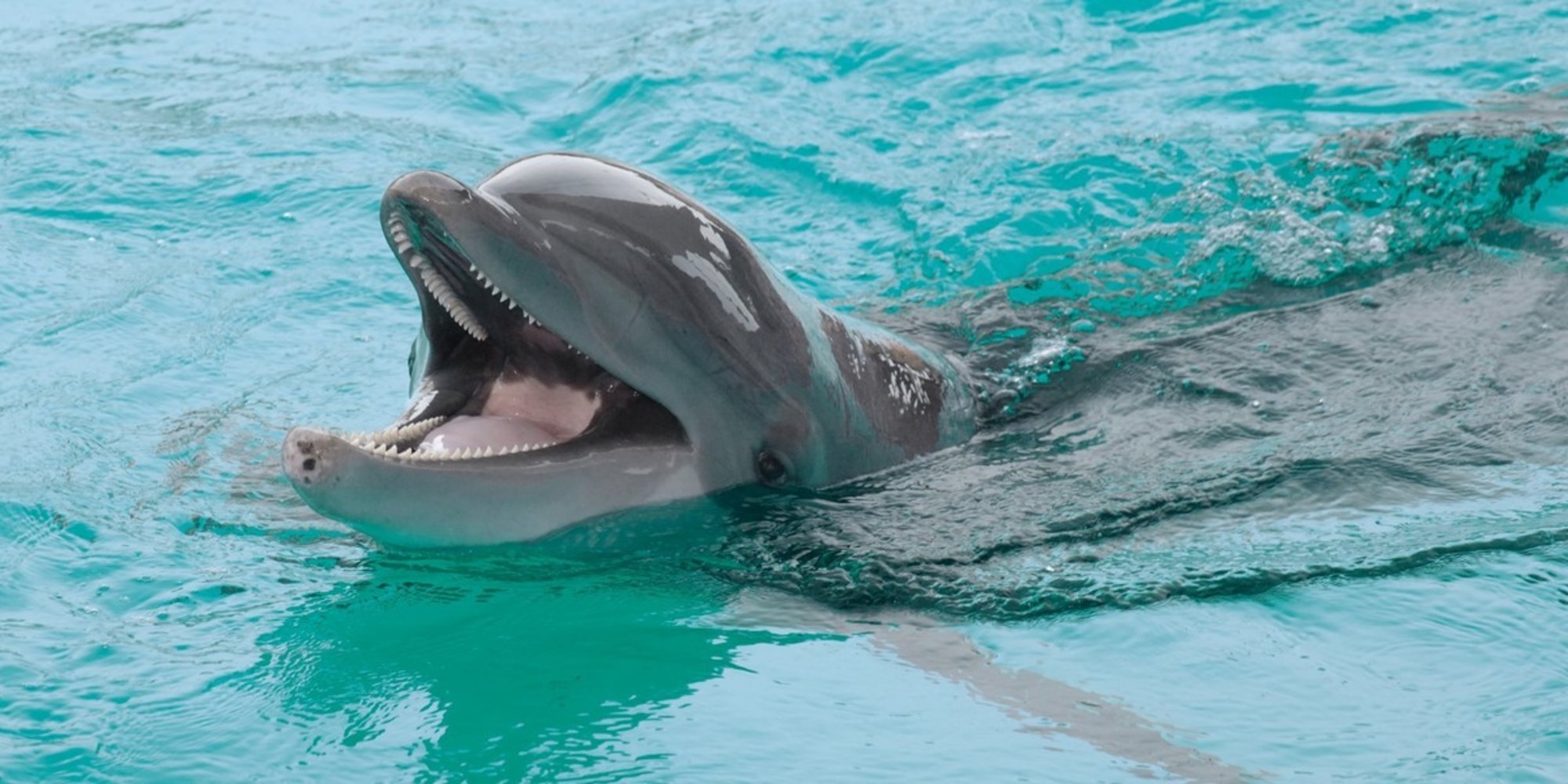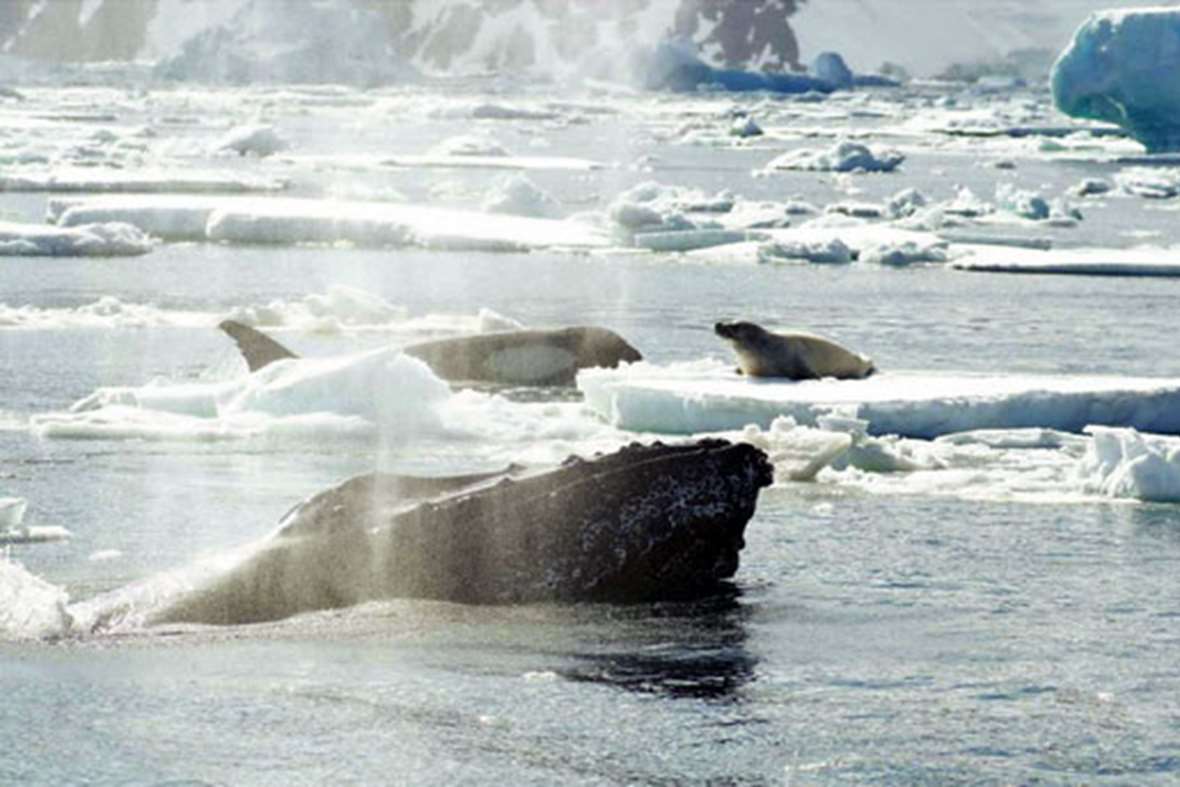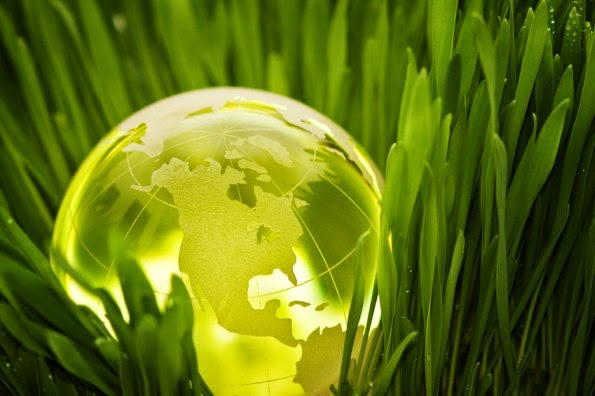
In a groundbreaking agreement between 24 different countries and the European Union, the world’s largest marine reserve will be established in Antarctica’s Ross Sea.

As mobile ownership continues to rise, the number of apps available grows — and many of those apps are geared at helping you find out more about the world around you, not the digital one at your fingertips.

The results show that apes can grasp what others know even when it differs from their own knowledge. This demonstrate that nonhuman primates can recognize others' beliefs, desires, and intentions, a phenomenon called "theory of mind" (ToM).

Scientists say they have documented two dolphins using what appear to be discrete words and sentences.

The United States lifts protection for most humpback whales around the globe based on evidence of a strong comeback in numbers.

The shocking decline of elephant populations in Africa highlights the devastating impact the loss of large mammals will have on the planet.

Recent research shows humpbacks do more than just protect their young: they often go on the offensive, actively seeking out and harassing killer whales – and even preventing them from attacking other species like seals, porpoises and sea lions.

Researchers have found a way to culture cells in a lab and produce leather that's biologically identical to that made from animal skin.

It is a rare moment when we get to appreciate that we are living in what is, sometimes, a kinder, better world. Such moments should be acknowledged.

One dedicated penguin travels thousands of miles each year to visit with his human friend who saved him years ago.

With international pressure rising, Iceland whaler Kristjan Loftsson calls off the hunt this season.

Researchers at Johns Hopkins Bloomberg School of Public Health have produced tiny brains made of human neurons and cells. These mini-brains could radically change how drugs are tested, replacing the many animals currently being used for neurological scientific research.

Canadian animal protection laws are routinely criticized for being weak, and certainly there is plenty of room for improvement. However, the reality is that both provincial and federal law ostensibly prohibit harming animals, with few exceptions.

December is prime time for year-end lists. They're an easy way to reflect on the past year, but lives aren't on the line when it comes to the top 10 albums of 2015, or the year's best-selling books. But there is one year-end list that can hold lives in the balance -- animals' lives.

For the first time, all species of scombrids (tunas, bonitos, mackerels and Spanish mackerels) and billfishes (swordfish and marlins) have been assessed for the IUCN Red List of Threatened Species. Of the 61 known species, seven are classified in a threatened category, being at serious risk of extinction. Four species are listed as Near Threatened and nearly two-thirds have been placed in the Least Concern category.